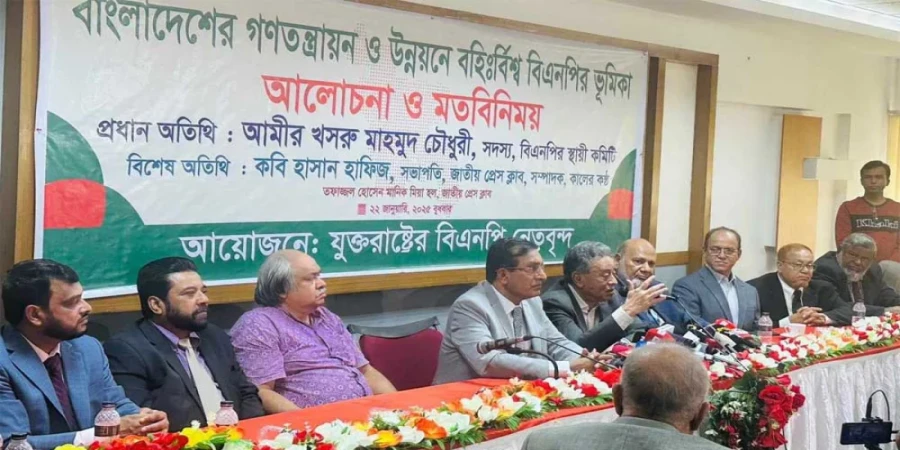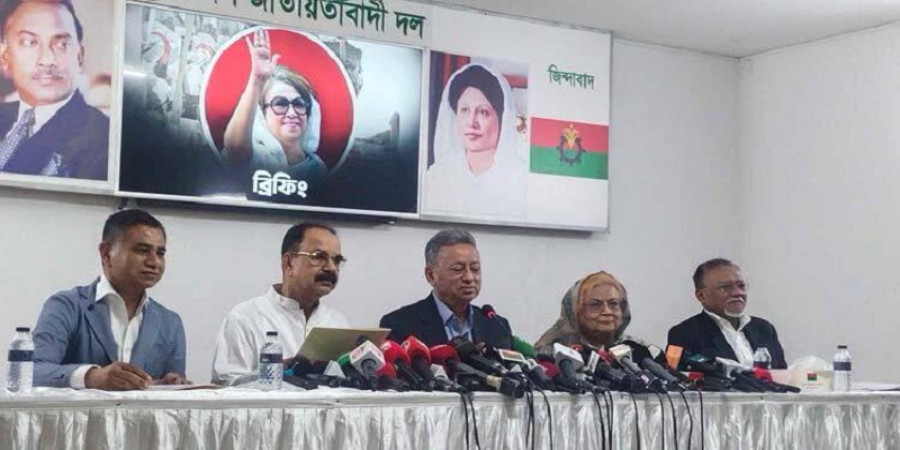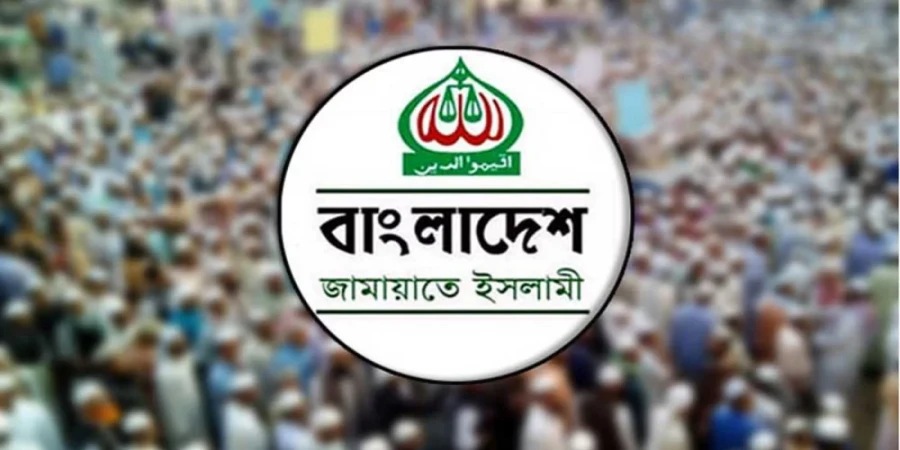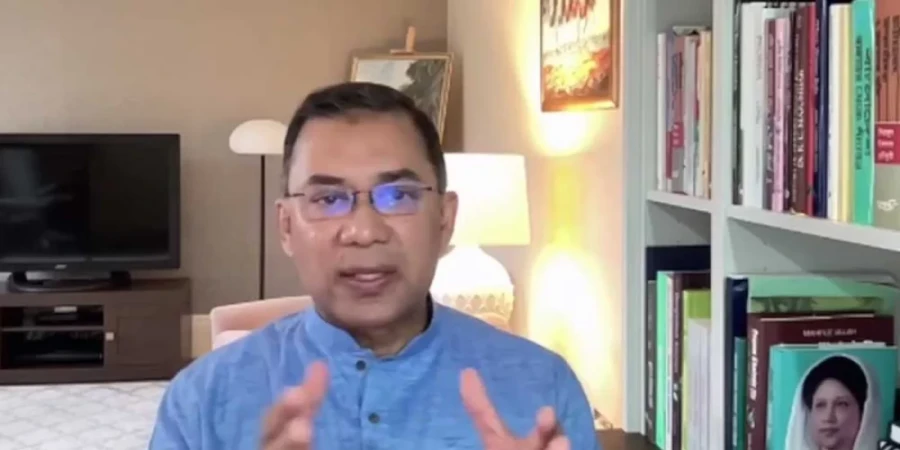
ছবি: Photo: Collected
Organized by leaders of the United States BNP, the event featured Amir Khasru as the chief guest. It was presided over by Abdul Latif Samrat, former president of the US BNP, and moderated by Gias Ahmed, BNP’s Executive Committee member and former Senior Vice-President of the US BNP.
The event was attended by several prominent figures, including National Press Club President Hasan Hafiz, BNP Executive Committee members Abdul Latif Jony and Mohiuddin Ahmed Jhintu, Florida BNP President and Freedom Fighters’ Central International Secretary Imranul Haque Chakladar, New York State BNP President Oliullah Atikur Rahman, BNP Secretary-General Saidur Rahman Said, former US Jubo Dal President Kamruzzaman Babu, Councillor Suraiya, Australia Volunteer Organization President Musleh Uddin Howladar Arif, Canada Women’s Wing leader Nazma Haque, and Canada North BNP President Toufiq Ejaz.
Addressing the audience, Amir Khasru stressed that the success of the movement signifies the collective success of Bangladesh's 18 crore people. He acknowledged contributions from all sectors, including those living abroad. Dispelling criticisms that expatriates led the movement from a safe distance, Khasru highlighted the sacrifices and hardships endured by their families and loved ones in Bangladesh.
He further noted the challenges faced by the diaspora in organizing protests in foreign nations, emphasizing the complexities of assembling demonstrations in places like the US State Department or the World Bank headquarters. Despite these difficulties, thousands of BNP supporters abroad actively participated in the movement.
Khasru reiterated the BNP’s commitment to its political roadmap, referencing the party’s 31-point agenda and the "Vision 2030" plan, which was announced seven years ago. He affirmed that the BNP remains dedicated to fulfilling these promises and restoring democracy in the country.
He concluded by emphasizing the necessity of collaboration with the government to bring the nation back to normalcy, warning against undemocratic political processes that could foster suspicion and division among the public
repoter






